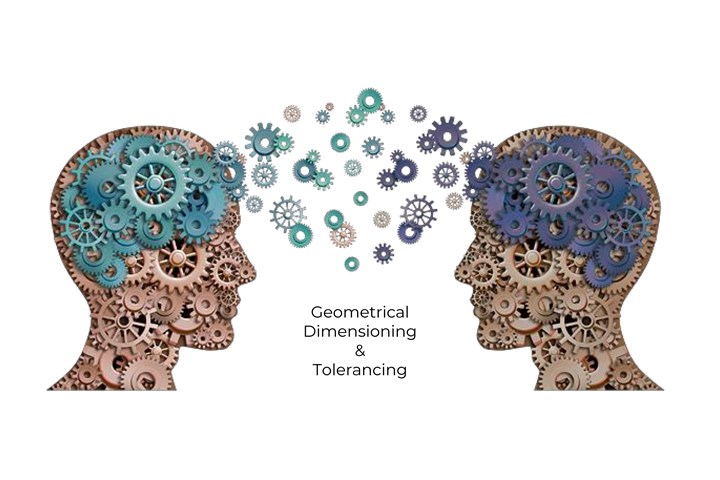Geometric Tolerancing & Dimensioning Educational Resource
The National Institute for Metalworking Skills helps organizations transfer GD&T knowledge and skills; it teaches an organization how to embed GD&T across all lines of communication.
The National Institute for Metalworking Skills (NIMS) has developed a new methodology to learn, retain and transfer knowledge for geometric tolerancing and dimensioning (GD&T) across an organization. NIMS offers the training in a day-and-a-half workshop.
Conventionally, most people are taught print reading with drawings annotated with limit dimensioning and all its flaws. Lessons in limit dimensioning are further applied in engineering or manufacturing activities. Students or employees are then exposed to GD&T. This approach usually results in limit dimensioning being the first language and GDT being the second. NIMS says going back and forth between the two is a struggle for many and they rely on craftsmanship to produce parts. This approach may eventually lead to producing parts within the specifications but, according to NIMS, that approach is inconsistent and wastes time.
“[GD&T] is the best way for manufacturers to ensure parts are absolutely within specifications,” says NIMS Executive Director Montez King. “It gives designers, engineers and machinists a common language to communicate not only for manufacturing, but how those parts fit into its final assembly.”
According to King, the optimal way to learn GD&T is to teach employees and students how GD&T works rather than its applications. Teaching GD&T applications restricts understanding and only relays a process or procedure. But when GD&T is understood and retained, NIMS says applications can be improved continuously.
NIMS helps organizations transfer GD&T knowledge and skills, as well as teaches an organization how to embed GD&T across all lines of communication. By the end of NIMS GDT training, the staff will be able to understand and use GD&T in all stages of design and production.
Related Content
-
How to Foster Innovation Through a Culture of Education, Mentoring
Dynamic Tool Corp. shares its strategy for building a team with the right attitude and aptitude to deliver innovation that meets customer expectations.
-
The Role of Social Media in Manufacturing
Charles Daniels CFO of Wepco Plastics shares insights on the role of social media in manufacturing, how to improve the “business” side of a small mold shop and continually developing culture.
-
Unique Mold Design Apprenticeship Using Untapped Resources
To help fill his mold design skills gap, Jeff Mertz of Anova Innovations, is focused on high schools and underprivileged school districts, a school that has lower graduation and college entrance rates. The goal is a student-run enterprise.

















